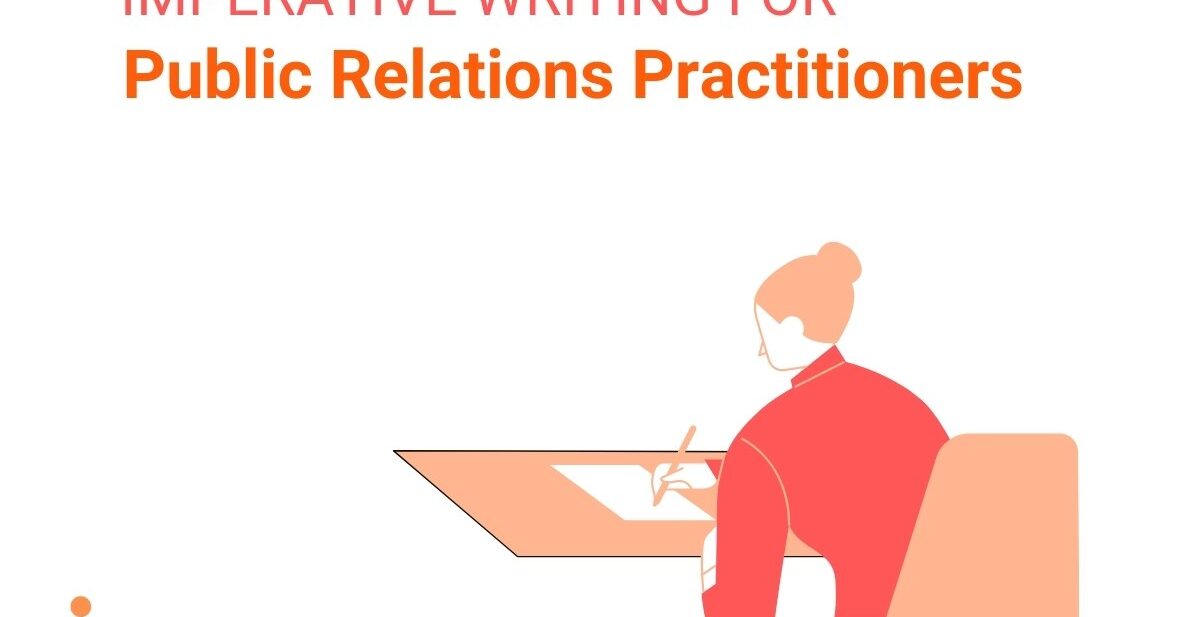Becoming a good writer takes practice whereas becoming an excellent writer takes experience. Earning the reputation of being an excellent strategic and persuasive writer takes both. Writing is effective only when the transmitted message conjures the deliberate response from the receiver, which is a partial definition of clarity. Strategic communicators strengthen their position by becoming their organization’s writing resource while helping colleagues understand the value of writing copy that gets read and achieves its objectives including changing, maintaining or reinforcing behavior. That is why they get paid.
While some might argue that strategic writers must enhance their writing to persuade, look no further than the daily newspaper (traditional or online) to prove them wrong. A goal should be making molehills from mountains rather than mountains out of molehills.
Strategic writers must be persuasive in crafting and delivering an organization’s key message points. Excellent writers are adept at preparing news releases, media advisories, fact sheets, company profile, spokesperson profile, author articles, pitch letters, brand positioning stories, etc.
Here are some rules followed by the best writers — journalists and strategic writers —
- Prefer the plain word to the fancy.
- Prefer picture nouns and action verbs.
- Never use a long word when a short one will do as well.
- Master the simple declarative sentence.
- Prefer the simple sentence to the complicated and vary your sentence length.
- Put the words you want to emphasize at the beginning or end of your sentence.
- Use the active voice.
- Put statements in a positive form.
- Use short paragraphs and cut needless words, sentences and paragraphs.
- Use plain, conversational language. Write like you talk.
- Avoid imitation. Write in your natural style.
- Write clearly to avoid jargon.
- Write to be understood — not to impress.
- Revise and rewrite — edit, edit, edit.
- Re-check for spelling, grammar, sentence structure, syntax and punctuation.
If public relations and strategic communicators follow the above rules, their goals will be achieved and professional success will follow.






